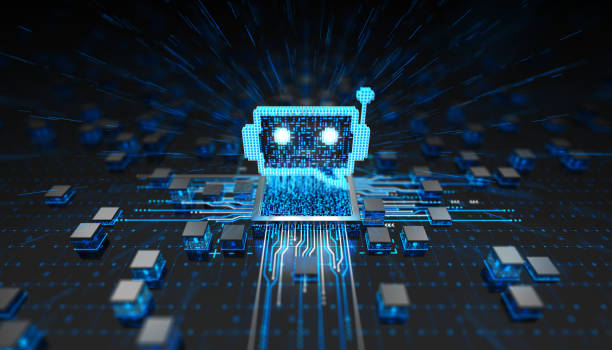
The realm of artificial intelligence has advanced tremendously in recent years. But we still have a long way to go before AI can truly match human intelligence and cognitive abilities. To take AI to the next level, we may need computing power that goes beyond classic computers – we need quantum computing.
Quantum computing leverages quantum mechanical phenomena like superposition and entanglement to perform calculations exponentially faster than regular computers. This quantum advantage could massively accelerate the development of AI and machine learning.
How Quantum Computing Provides a Boost to AI.

One of the biggest bottlenecks in AI today is computing power. Training complex deep learning models requires processing immense datasets, iteratively running algorithms over hours or days. By reducing computational time from years to minutes, quantum computers could enable more rapid prototyping and testing of AI models.
Another key benefit is the ability to process exponentially larger datasets. This can improve accuracy and reduce overfitting for today’s data-hungry AI algorithms. Quantum simulation could also open up new AI methods we haven’t conceived of yet.
Researchers are exploring various techniques to apply quantum computing to AI, including quantum neural networks, quantum associative memory, quantum Boltzmann machines, and quantum reinforcement learning. Tech giants like Google, IBM, Intel and Microsoft have all invested in developing quantum machine learning capabilities.
The Path Ahead is Full of Challenges Too
However, effectively harnessing quantum computing for AI will require overcoming significant practical obstacles. Building useful quantum computers with enough stable qubits to deliver quantum advantage remains an engineering challenge.
Quantum machines have high error rates and Decoherence issues currently. Optimizing quantum algorithms to work within these hardware-imposed constraints could limit their capabilities. Most existing machine learning datasets and models are also not formatted to take advantage of quantum’s unique features.
Bridging the gap between quantum physicists and AI researchers will be crucial to build quantum-ready, noise-resilient machine learning models. While the future looks promising, quantum AI likely remains years if not decades away from reaching its full potential.
The Road to Quantum AI Will Transform Technology
Even with the hurdles ahead, the possibilities of quantum machine learning are too transformative to ignore. Quantum computing promises to take AI beyond its current limitations into new realms of intelligence. As quantum hardware, software, and algorithms evolve, we anticipate a future where quantum sits side-by-side with classical computing to extend the boundaries of AI.
While predictions vary on when quantum advantage could become commercially viable, the momentum is accelerating. The day when quantum AI enables us to accomplish tasks impossible through classical computing alone may arrive sooner than we anticipate. It’s an exciting frontier to watch closely in the years ahead.
The team of quantum physics and artificial intelligence could allow fantastic new technologies to emerge. Quantum computing won’t replace all aspects of AI, but its potential to revolutionize certain domains makes further quantum AI research imperative.




